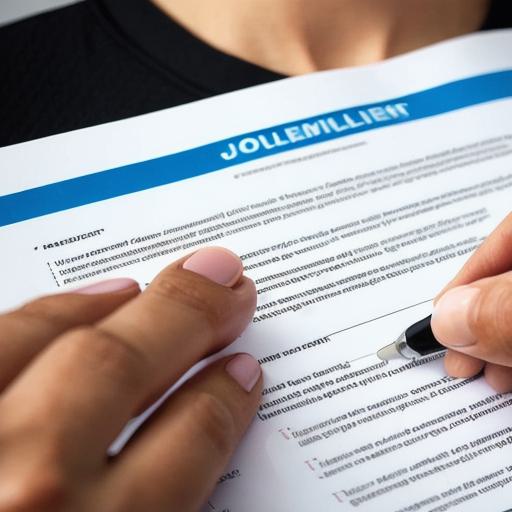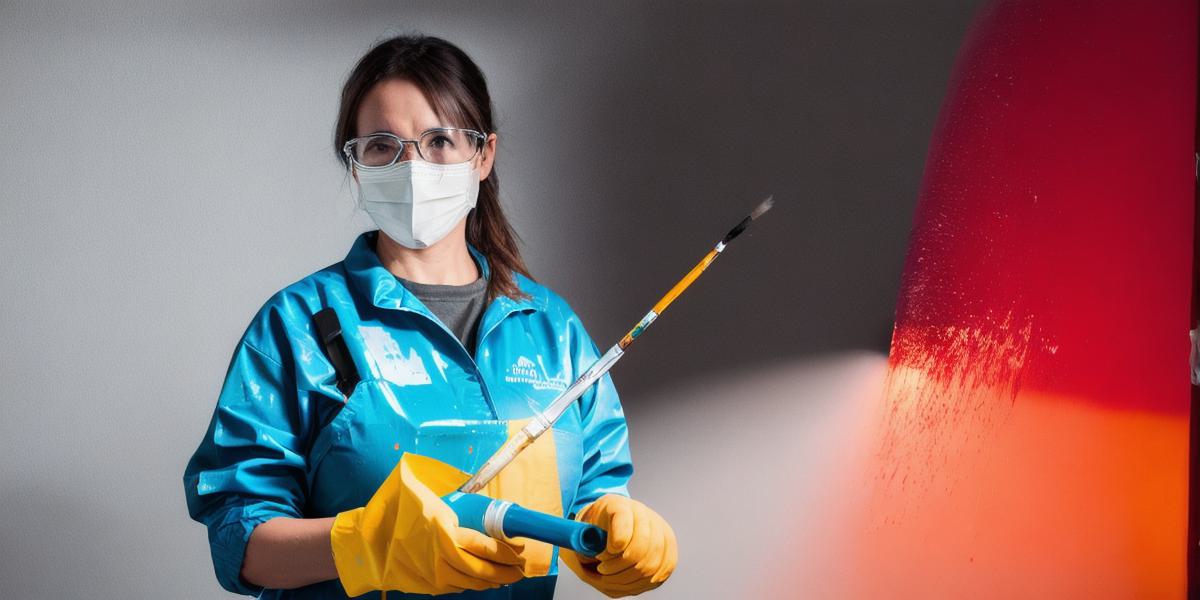Introduction:
Jaw surgery is a common medical procedure that is performed to treat various conditions, such as jaw pain, tooth misalignment, and sleep apnea. While the surgery can be life-changing, it’s essential to ensure a smooth recovery process. In this article, we’ll discuss some tips and tricks to help you recover from your jaw surgery quickly and comfortably.
- Proper Pain Management:
Pain is common after jaw surgery, but there are ways to manage it effectively. Your healthcare provider may prescribe painkillers like acetaminophen or ibuprofen to help alleviate the pain. You can also try using ice packs or heating pads to reduce swelling and inflammation in your mouth and jaws. - Eating and Drinking:
Eating and drinking can be challenging after jaw surgery, especially if you have stitches or other restrictions on your mouth. Your healthcare provider may recommend a soft diet of soups, smoothies, and soft-textured foods to help you maintain proper nutrition during the recovery process. Avoiding hot liquids like coffee and tea can also help prevent injury to your mouth and jaws. - Maintaining Oral Hygiene:
Maintaining good oral hygiene is crucial after jaw surgery, as it can reduce the risk of infection and improve overall healing time. Your healthcare provider may recommend using a special toothbrush or water irrigation device to clean your teeth and gums properly. You should also avoid smoking, which can slow down the healing process and increase the risk of complications. - Getting Enough Sleep:
Sleep is essential for proper healing and recovery after jaw surgery. Your healthcare provider may recommend using a CPAP machine or other breathing devices to help you sleep soundly through the night. You should also try to establish a regular sleep routine by going to bed and waking up at the same time every day. - Avoiding Strenuous Activities:
Strenuous activities like heavy lifting, running, and contact sports can put extra stress on your body and slow down recovery time after jaw surgery. Your healthcare provider may recommend avoiding these activities for a few weeks or even months after the procedure to ensure proper healing. You should also try to take breaks frequently when performing light exercise or other physical activity. - Staying Hydrated:
Staying hydrated is essential for proper recovery after jaw surgery, as it can help reduce swelling and improve overall healing time. Your healthcare provider may recommend drinking plenty of water or other low-sugar beverages to maintain proper hydration levels. You should also try to avoid sugary drinks and snacks, which can slow down the healing process and increase the risk of infection.
- Managing Stress:
Stress can have a significant impact on recovery time after jaw surgery. Your healthcare provider may recommend practicing relaxation techniques like meditation or deep breathing exercises to help manage stress levels. You should also try to maintain a positive mindset by focusing on your progress and small successes throughout the recovery process. - Seeking Support:
Seeking support from family, friends, or a therapist can be helpful during the recovery process after jaw surgery. Your healthcare provider may recommend joining a support group or connecting with other patients who have undergone similar procedures to share experiences and provide emotional support.Conclusion:
Recovering from jaw surgery can be challenging, but with proper care and attention, it’s possible to return to your daily routine quickly and comfortably. By following these tips and tricks, you can ensure a smooth recovery process that will help you get back to enjoying life as soon as possible. Remember to stay positive, practice self-care, and seek support when needed to achieve the best possible outcome after your jaw surgery.



